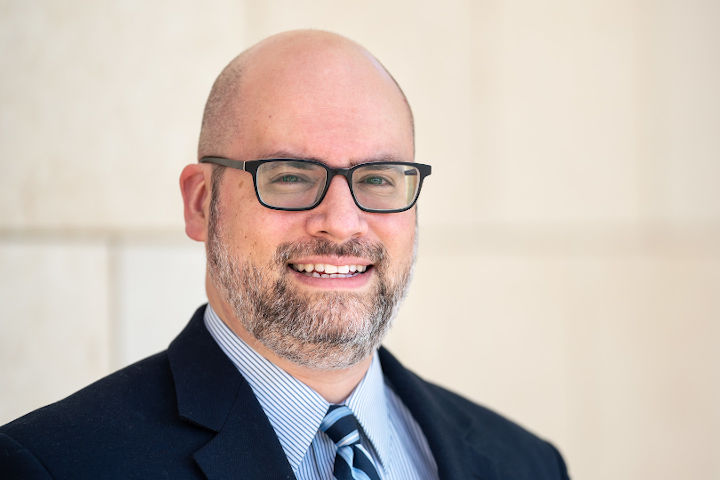
Christian Capitini, MD, associate professor, Hematology, Oncology, and Bone Marrow Transplant, along with co-investigator Krishanu Saha, PhD, associate professor, Department of Biomedical Engineering and the Wisconsin Institute for Discovery, were recently awarded a $300,000 Hyundai Hope Scholar Grant from Hyundai Hope on Wheels. Their project, “CRISPR-edited GD2 CAR T cells for neuroblastoma,” brings together experts in cancer immunotherapy (PI, Capitini) and genome engineering (Co-I, Saha) to develop a novel platform to improve the chimeric antigen-receptor (CAR) T response of an important pediatric solid tumor, neuroblastoma.
UW-Madison was the first site in Wisconsin to test CAR T-cells, a personalized “living drug” genetically engineered to recognize and kill tumors. Thanks partially to testing at UW Carbone Cancer Center, the treatment was approved by the U.S. Food and Drug Administration in 2017; it was the first gene therapy approved by the agency. However, success of CAR T-cells against solid tumors such as neuroblastoma has been limited to isolated case reports, and responses have only been transient. Success of this new proposal will provide a roadmap for institutions to generate CAR T-cells in a more cost effective and safer manner than traditional viral-based platforms for gene therapy, and it will provide evidence that non-viral editing of CAR T-cells by CRISPR/Cas9 can enhance CAR T function and persistence against a solid tumor like neuroblastoma, and lead to tumor regression.